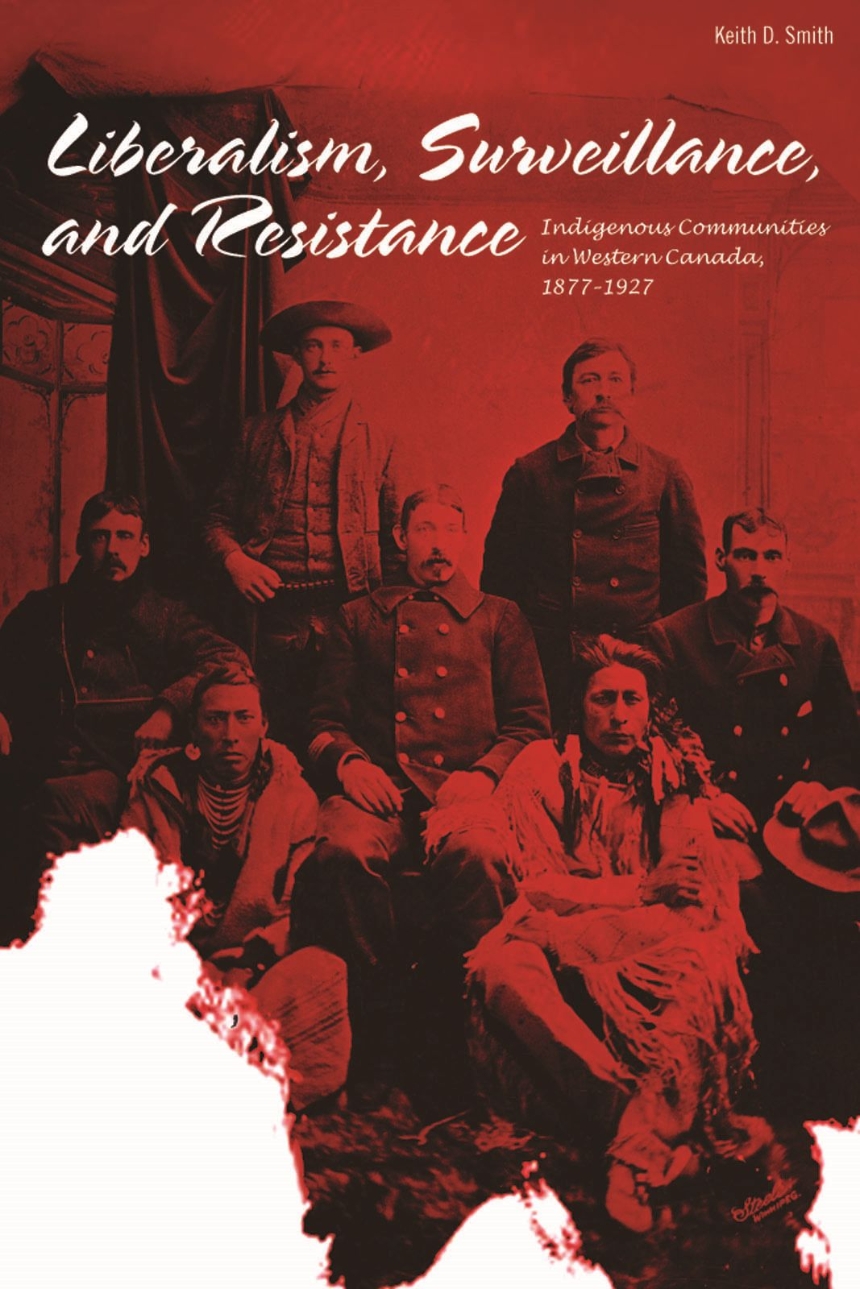Liberalism, Surveillance, and Resistance
Indigenous communities in Western Canada, 1877-1927
9781897425398
Distributed for Athabasca University Press
Liberalism, Surveillance, and Resistance
Indigenous communities in Western Canada, 1877-1927
Canada is regularly presented as a country where liberalism has ensured freedom and equality for all. Yet with the expansion of settlers into the First Nations territories that became southern Alberta and BC, liberalism proved to be an exclusionary rather than inclusionary force. Between 1877 and 1927, government officials, police officers, church representatives, ordinary settlers, and many others operated to exclude and reform Indigenous people. Presenting Anglo-Canadian liberal capitalist values and structures and interests as normal, natural, and beyond reproach devalued virtually every aspect of Indigenous cultures. This book explores the means used to facilitate and justify colonization, their effects on Indigenous economic, political, social, and spiritual lives, and how they were resisted.
Table of Contents
Chapter 1: The Liberal Surveillance Complex
Chapter 2: The Transformation of Indigenous Territory
Chapter 3: Churches, Police Forces, and the Department of Indian Affairs
Chapter 4: Disciplinary Surveillance and the Department of Indian Affairs
Chapter 5: The British Columbia Interior and the Treaty 7 Region to 1877
Chapter 6: The British Columbia Interior, 1877 to 1927
Chapter 7: The Treaty 7 Region After 1877
Chapter 8: Exclusionary Liberalism in World War I and Beyond
Notes
Bibliography
Index
